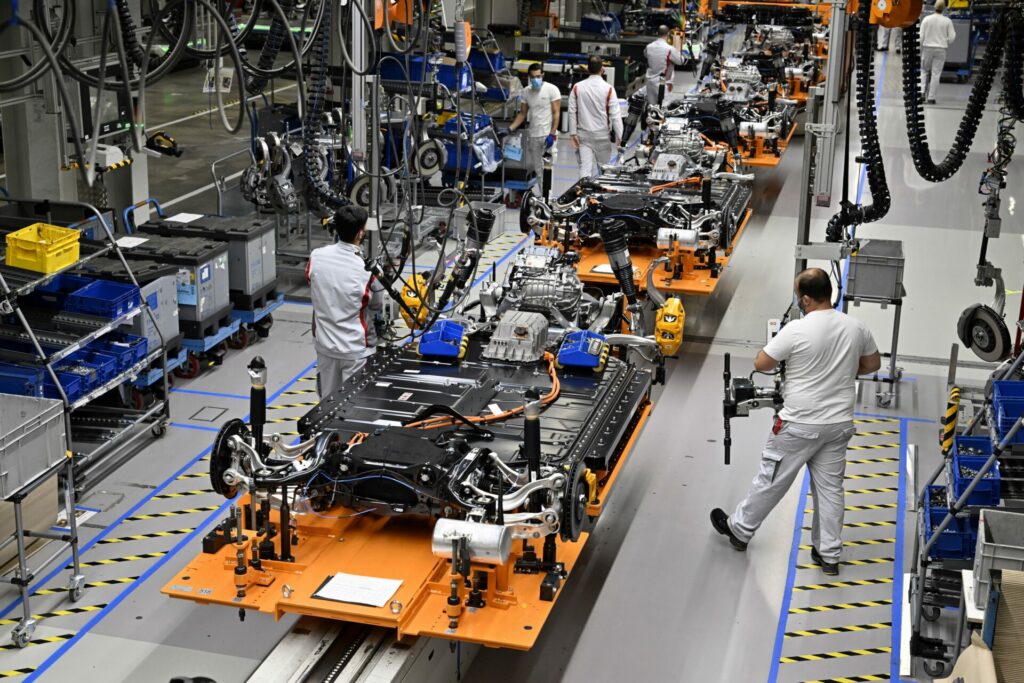The shortage of semiconductors and chips, essential in the production of new vehicles, cost the European automotive industry nearly €100 billion in 2021-2022, estimates insurer Allianz in a study published on 13 September.
As a result of this shortage of chips, a consequence of lasting supply chain disruptions following the Covid-19 pandemic, nearly 18 million fewer vehicles have been produced globally, with the European automotive industry being hit especially hard by the shortages.
Between January and August this year, the sale of new cars dropped by 11.9% in the European Union, compared to the same period last year. These shortages have only been exacerbated this year by economic shockwaves from Russia's invasion of Ukraine and China’s “Zero Covid” lockdown policies.
According to Allianz, the automotive industry is partly responsible for the difficulties it is currently experiencing.
During the pandemic, the industry massively reduced its spending, as well as its stocks of precious semiconductors. Chip manufacturers then looked elsewhere, selling the chips to customers in the computing sector. When demand for chips for cars picked up once again, the industry was forced to make do with what little chips it had left.
Related News
- Heat pump and solar panel shortage may 'leave Belgians cold this winter'
- Possible return to mineral mining divides opinions in Belgium
Last year, major car manufacturers in Belgium were forced multiple times to suspend production due to a lack of chips. Production lines at Ghent's Volvo factory and the Brussels Audi factory were both frequently disrupted during the pandemic.
On the basis of its findings, Allianz called on Europe to focus on chip production for the automotive sector. The European Commission recently announced its plans to stimulate the European chip manufacturing sector, investing more than €43 billion into the sector by 2030.

